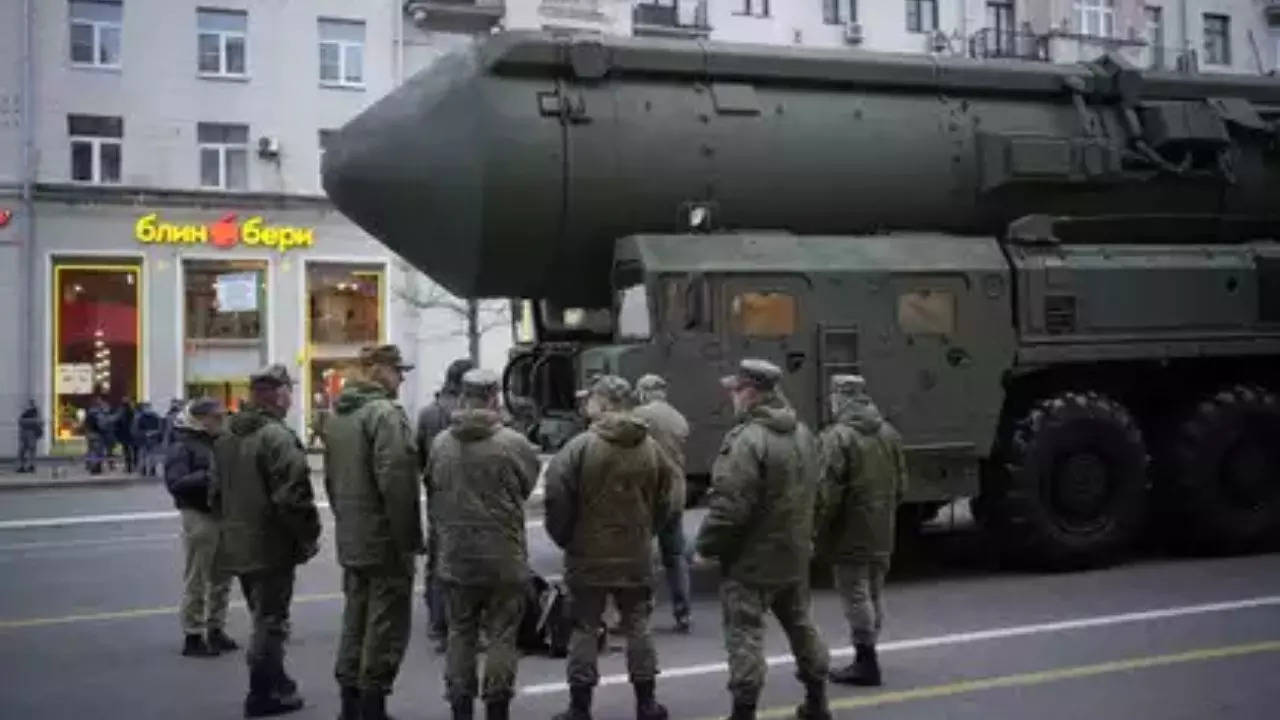After the fall of the Soviet Union, Ukraine inherited a significant nuclear stockpile. Despite possessing these nuclear weapons, Ukraine decided to relinquish them due to financial burdens and geopolitical risks. The 1994 Budapest Memorandum promised security guarantees to Ukraine, which unfortunately proved unreliable when Russia annexed Crimea and supported separatists in Ukraine. The current Russia-Ukraine conflict has brought to light the vulnerabilities of Ukrainian security without nuclear deterrence. The decision to give up nuclear weapons has now raised questions about Ukraine’s ability to defend itself against external threats. The ongoing conflict serves as a stark reminder of the importance of a strong national defense. Ukraine’s strategic position in Eastern Europe makes it a crucial player in regional security dynamics. The country’s reliance on international support and alliances has become more pronounced in the face of aggression from neighboring Russia. The global community is closely watching the developments in the region, with concerns about the implications of the conflict on international security. As Ukraine navigates through these challenging times, the need for a robust security strategy has never been more critical. The lessons learned from this conflict will shape Ukraine’s defense policies in the years to come, as it seeks to safeguard its sovereignty and territorial integrity.

Posted in
JUST IN
Ukraine’s Nuclear Weapons Legacy: Vulnerabilities Exposed Amid Russia Conflict, Budapest Memorandum’s Unreliability
In Trend





















